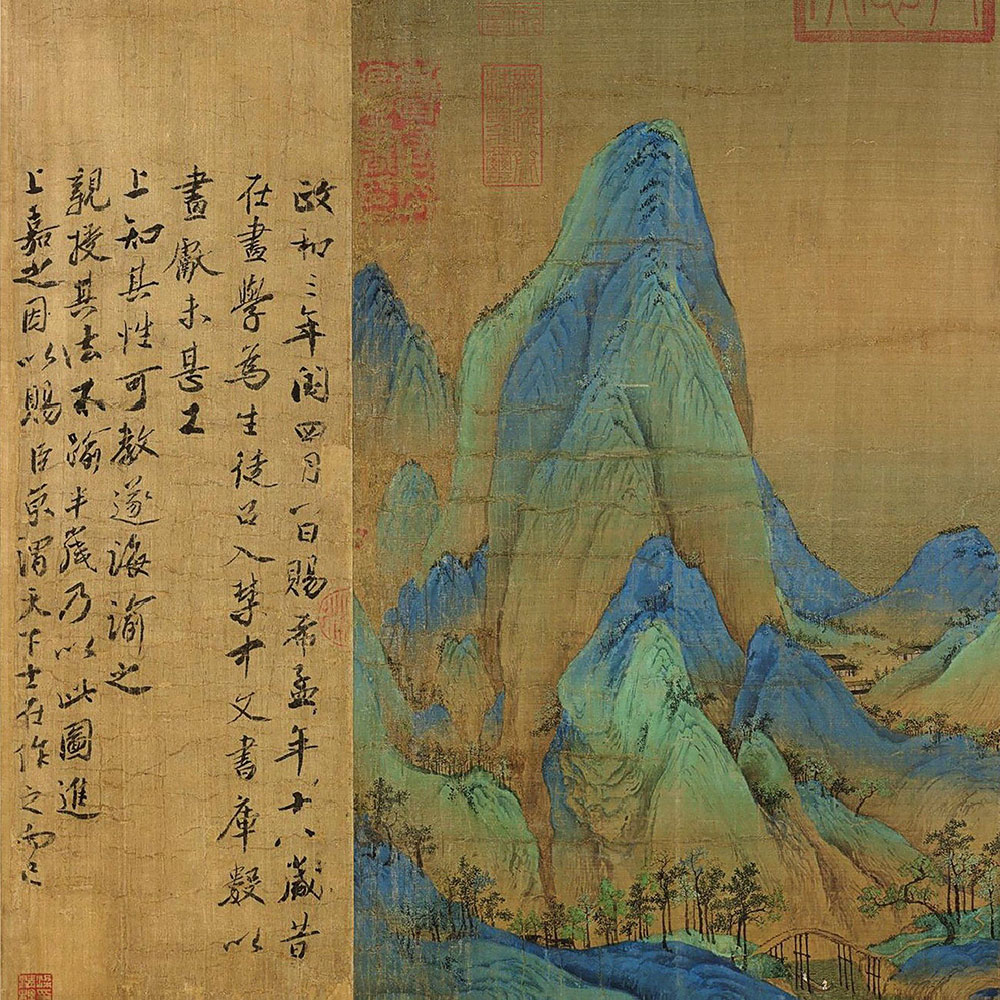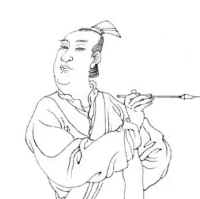-

One Thousand Li of Rivers and Mountains. Wang Ximeng . Northern Song Dynasty . Painting
“A Thousand Miles of Rivers and Mountains” is the sole surviving work of the Northern Song master Wang Ximeng. This scroll exquisitely portrays the resplendent landscapes of the motherland.

